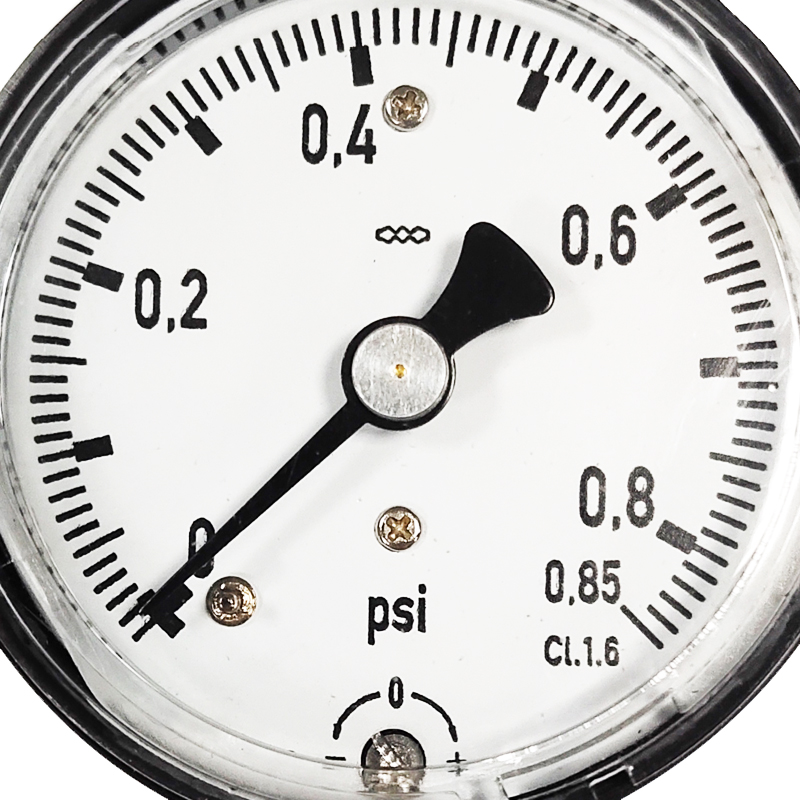
Ara . 19, 2024 15:43 Back to list
Understanding the Functionality and Applications of Differential Pressure Gauges in Various Industries
Understanding Differential Pressure Gauges An Essential Tool in Process Measurement
In various industrial and scientific applications, the precise measurement of pressure differences between two points is crucial. This is where differential pressure gauges come into play. These instruments offer vital insights into the efficiency, safety, and functionality of numerous systems across multiple sectors, including manufacturing, HVAC (Heating, Ventilation, and Air Conditioning), and water treatment.
What is a Differential Pressure Gauge?
A differential pressure gauge is a device that measures the difference in pressure between two locations. The most common applications involve measuring differential pressure across filters, pumps, or flow meters. By comparing the pressures at two points, these gauges provide an invaluable indication of system performance, helping operators make informed decisions regarding maintenance and operation.
Differential pressure gauges typically consist of two pressure sensing ports one connected to the high-pressure side and the other to the low-pressure side. The gauge displays the resultant pressure difference, usually in units such as inches of water column (in wc), pounds per square inch (psi), or millibars (mbar).
Types of Differential Pressure Gauges
There are several types of differential pressure gauges, each designed for specific applications
1. Mechanical Differential Pressure Gauges These are traditional gauges that utilize mechanical components like Bourdon tubes or diaphragm mechanisms. As the pressure difference changes, these mechanical elements deform and cause a needle to move across a calibrated scale.
2. Electronic Differential Pressure Gauges Also known as digital gauges, these utilize electronic sensors to detect pressure changes. They often provide more accurate readings and can display data in real time. Many electronic models also come with data logging capabilities, allowing operators to track changes over time.
3. Capacitance-based Differential Pressure Gauges These gauges employ changes in capacitance due to pressure variations, offering high sensitivity. They are ideal for precise applications but can be more expensive than other options.
4. Microprocessor-based Differential Pressure Gauges These advanced gauges come with built-in processors that can perform calculations and data logging. They can also offer features like alarms and interface options for remote monitoring.
differential presure gauge

Applications of Differential Pressure Gauges
The versatility of differential pressure gauges allows them to be used in various industries
- HVAC Systems In building management systems, differential pressure gauges monitor air filters and duct pressures, ensuring efficient airflow and alerting maintenance personnel to potential clogs.
- Process Industries In chemical and pharmaceutical manufacturing, these gauges help monitor reactors and filter systems, ensuring that processes operate efficiently and safely.
- Water Treatment Differential pressure gauges are used to track the pressure changes across filters and membranes in water treatment facilities, indicating when cleaning or replacement is necessary.
- Oil and Gas Industry These gauges play a critical role in pipeline monitoring, helping to detect leaks or blockages by measuring pressure differences along the pipeline.
Importance of Accurate Measurements
The accuracy of differential pressure measurements is paramount for the safety and efficiency of industrial operations. Any deviation can lead to equipment malfunctions, reduced system efficiency, or even catastrophic failures. Hence, selecting the right gauge, calibrating it correctly, and maintaining it over time are essential steps for any organization relying on these instruments.
Conclusion
Differential pressure gauges are indispensable tools that provide critical data for a wide range of applications. By measuring the pressure difference between two points, they enable operators to monitor system performance effectively. With various types available, users can choose the right gauge based on their specific needs and applications. Ultimately, investing in reliable and accurate differential pressure gauges is an essential part of maintaining operational efficiency, safety, and reliability in numerous industries. Whether you are managing an HVAC system, overseeing a chemical plant, or monitoring a water treatment facility, understanding and utilizing differential pressure gauges can significantly enhance performance and safety.
-
High-Precision 5 Valve Manifold Differential Pressure Gauge Suppliers
NewsApr.29,2025
-
High-Precision Diaphragm Vacuum Pressure Gauges Manufacturers & Quotes
NewsApr.29,2025
-
Omega Differential Pressure Gauges High Accuracy & Durability
NewsApr.28,2025
-
Low Pressure Differential Pressure Gauges Precision Solutions & Quotes
NewsApr.28,2025
-
Digital Diaphragm Pressure Gaauge Precision Measurement & OEM Quotes
NewsApr.28,2025
-
Differential Pressure Gauge China Price High-Accuracy & Best Quotes
NewsApr.28,2025
